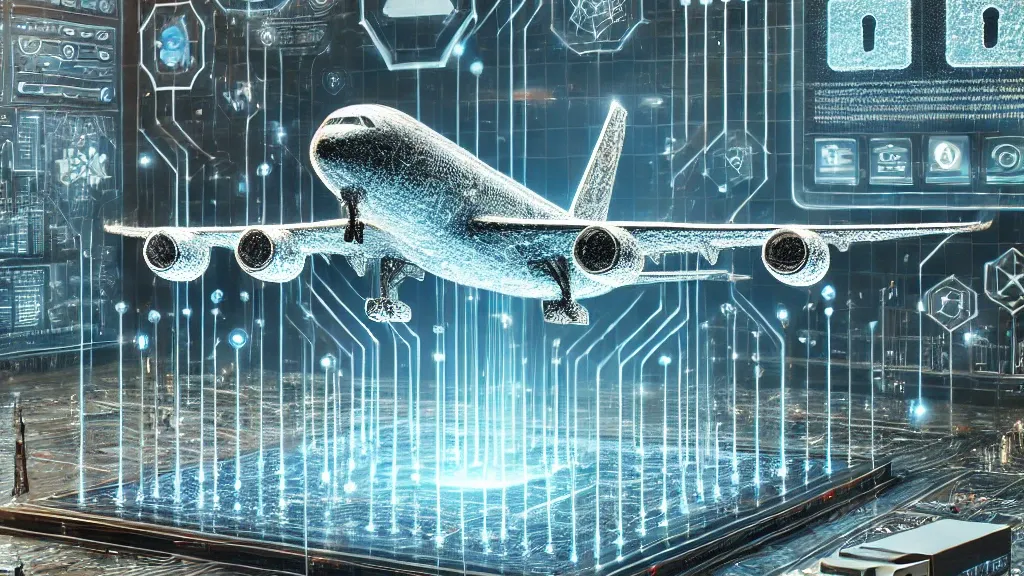The prospect of human exploration of Mars has captivated the minds of scientists, engineers, and space enthusiasts for decades. With technological advancements, the dream of reaching the Red Planet is becoming increasingly feasible. One of the critical factors driving this progress is the integration of AI in Mars mission planning. This cutting-edge technology is reshaping how we design, execute, and manage missions to Mars, ensuring safer, more efficient, and successful outcomes.
Incorporating AI in Mars mission planning is not just a novelty; it is a necessity. As we venture into this uncharted territory, the complexity and unpredictability of space demand innovative solutions that only Artificial Intelligence can provide. Let’s delve deeper into how AI is transforming the landscape of Mars missions.

The Role of AI in Mars Missions
Enhancing Navigation and Autonomous Operations
One of the most significant challenges of Mars missions is navigation and autonomous operations. The vast distance between Earth and Mars introduces communication delays, making real-time decision-making impossible. AI systems can process vast amounts of data and make autonomous decisions, enabling rovers and spacecraft to navigate the Martian terrain effectively. This autonomy is crucial for avoiding obstacles, selecting optimal paths, and conducting scientific experiments.
Optimizing Mission Design
The integration of AI in mission design allows for the optimization of spacecraft and equipment. By analyzing vast datasets, AI can identify potential risks, recommend design modifications, and enhance the overall efficiency of the mission architecture. This ensures that missions are not only cost-effective but also highly reliable.
AI and Scientific Discoveries on Mars
Data Analysis and Interpretation
Mars missions generate an enormous amount of data, from geological surveys to atmospheric readings. AI algorithms can sift through this data, identifying patterns and anomalies that might go unnoticed by human researchers. This capability accelerates the discovery process, allowing scientists to focus on the most promising findings and hypotheses.
Machine Learning for Predictive Analysis
Machine learning, a subset of AI, plays a crucial role in predictive analysis for Mars missions. By training on historical mission data, machine learning models can forecast potential issues, such as equipment malfunctions or environmental hazards, enabling preemptive measures to be taken. This proactive approach enhances the safety and success rate of missions.
AI in Resource Management and Sustainability
Efficient Resource Utilization
Resource management is a critical aspect of Mars missions, where every ounce of material and energy counts. AI systems can optimize resource allocation, ensuring that power, fuel, and other resources are used efficiently. This is particularly important for long-duration missions, where resupply opportunities are limited.
Sustainable Habitats and Life Support
As we plan for human settlements on Mars, AI will be essential in designing and maintaining sustainable habitats. AI can monitor life support systems, manage waste, and regulate environmental conditions, ensuring that astronauts have a safe and habitable environment. This capability is vital for the long-term success of human presence on Mars.
Challenges and Future Prospects
Addressing Ethical and Safety Concerns
While AI offers numerous benefits, it also raises ethical and safety concerns. Ensuring that AI systems are transparent, reliable, and secure is paramount. As we rely more on AI for critical mission operations, robust frameworks for governance and oversight must be established.
The Future of AI in Space Exploration
The future of AI in Mars mission planning is promising. As technology continues to evolve, we can expect AI to play an even more integral role in space exploration. From assisting in the design of next-generation spacecraft to enabling autonomous scientific exploration, the possibilities are endless.
In conclusion, the integration of AI in Mars mission planning is revolutionizing space exploration. By enhancing navigation, optimizing mission design, and enabling new scientific discoveries, AI is paving the way for a new era of exploration that could one day see humans setting foot on Mars. The challenges are significant, but with AI as our ally, the future of space exploration is brighter than ever.
Further Reading
For more insights into the role of AI in aerospace, you can explore this external link.

FAQs
What is the primary role of AI in Mars mission planning?
AI enhances autonomy, optimizes mission design, and aids in data analysis and predictive modeling, ensuring efficient and successful missions.
How does AI improve navigation on Mars?
AI systems enable rovers and spacecraft to navigate autonomously, avoiding obstacles and selecting optimal paths without real-time human intervention.
What are the challenges of using AI in space exploration?
Challenges include addressing ethical and safety concerns, ensuring transparency and reliability, and establishing robust governance frameworks.
For more articles on AI in aerospace, visit AI in Payload Analysis and AI for Thermal Control.

